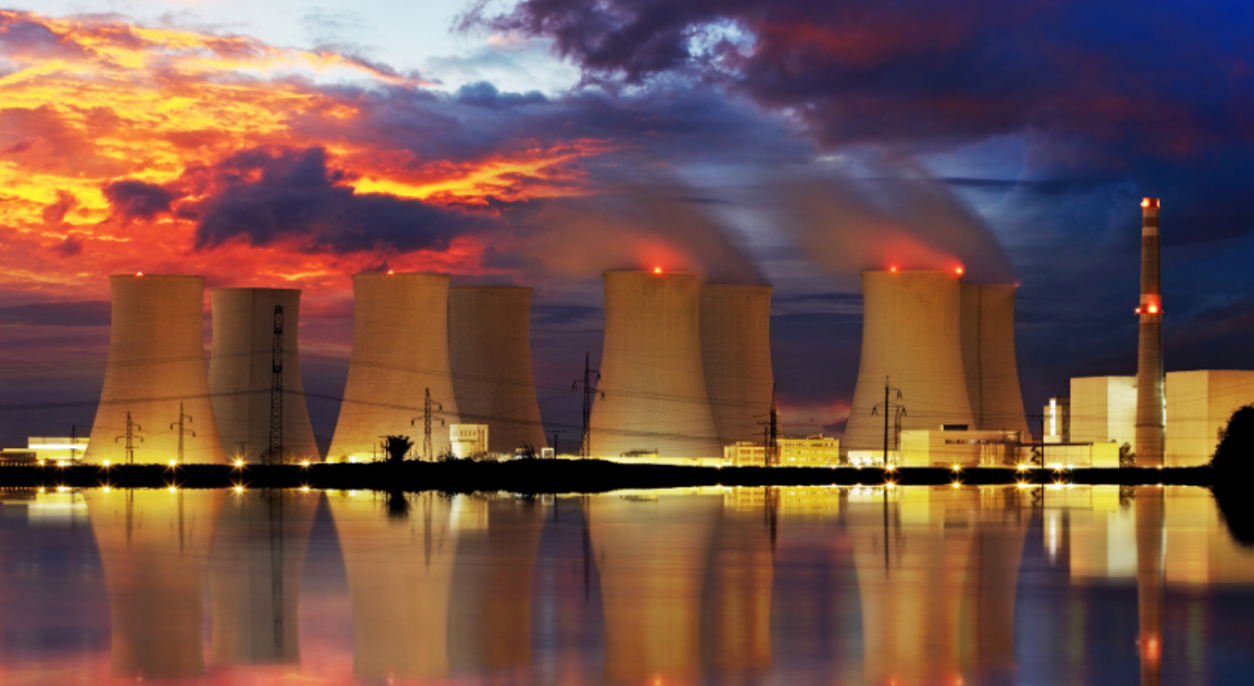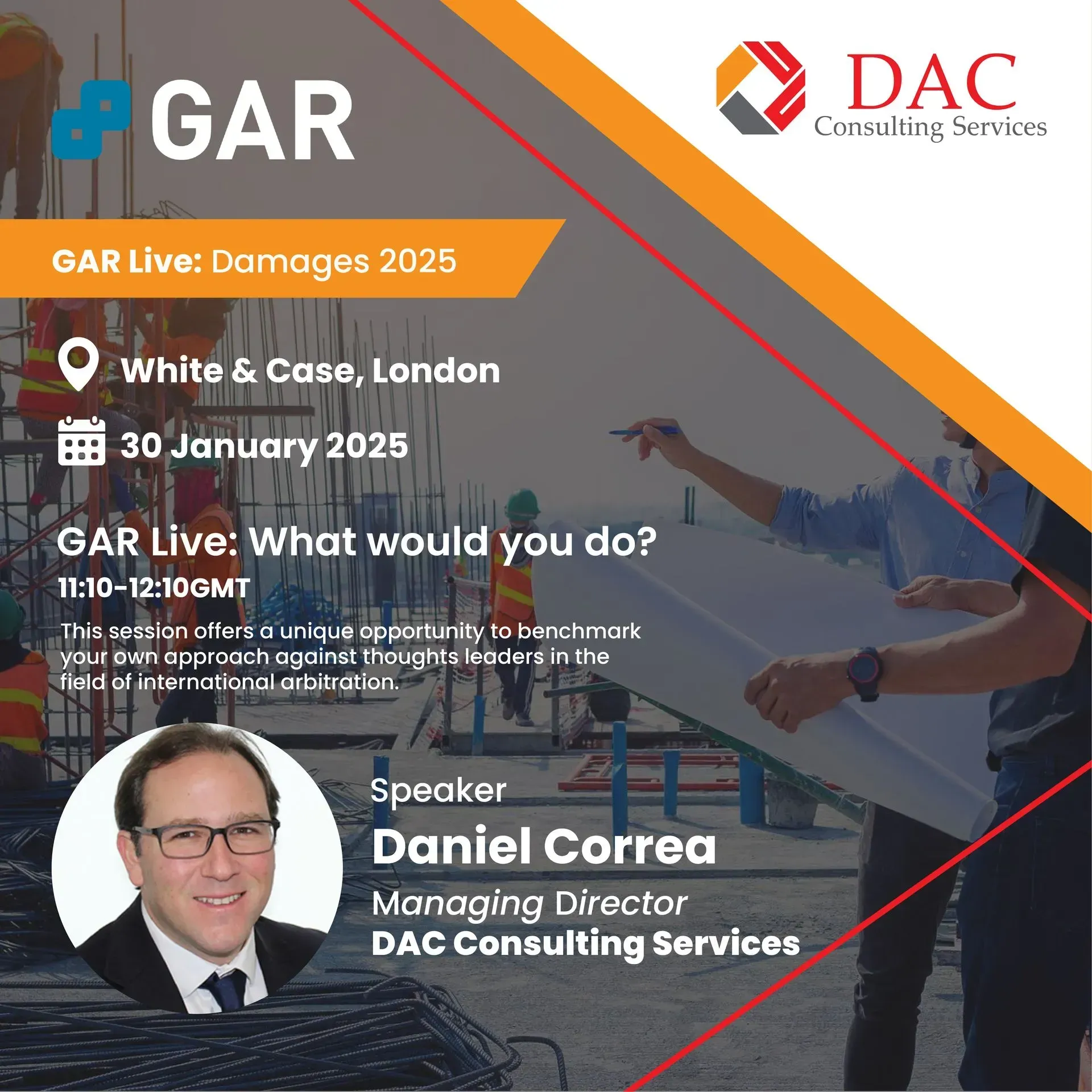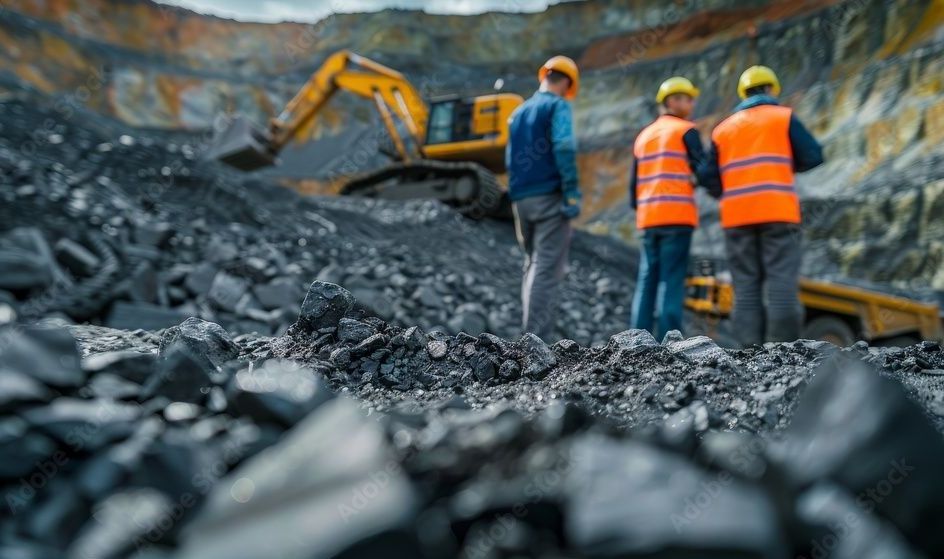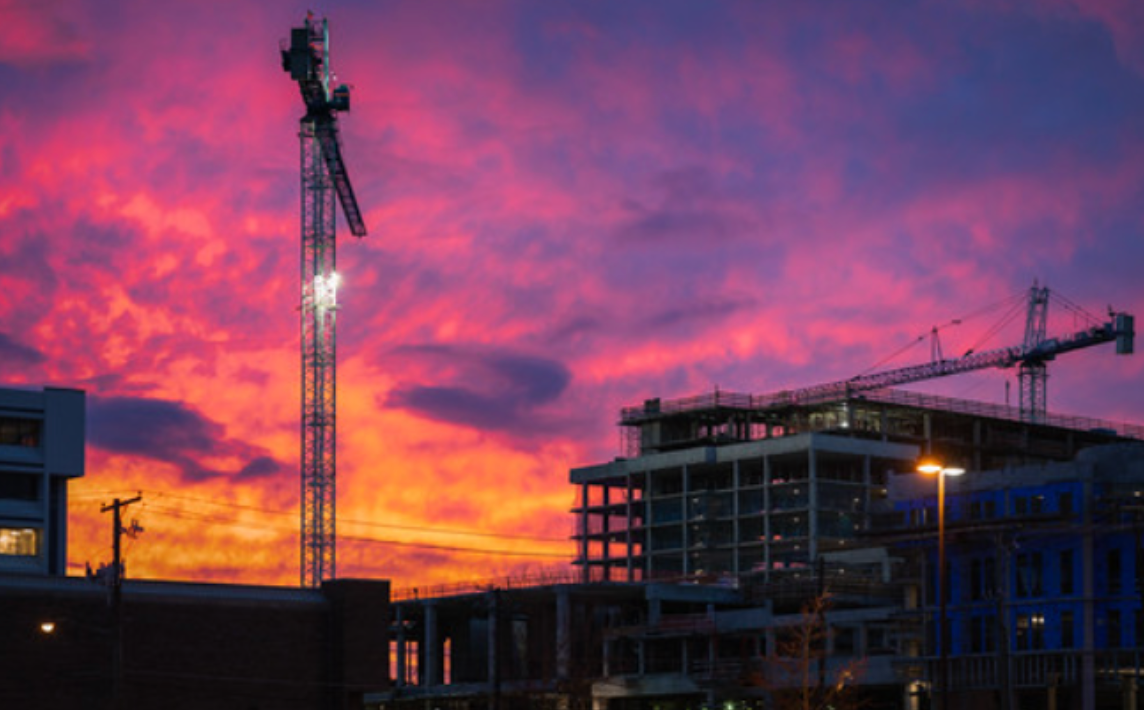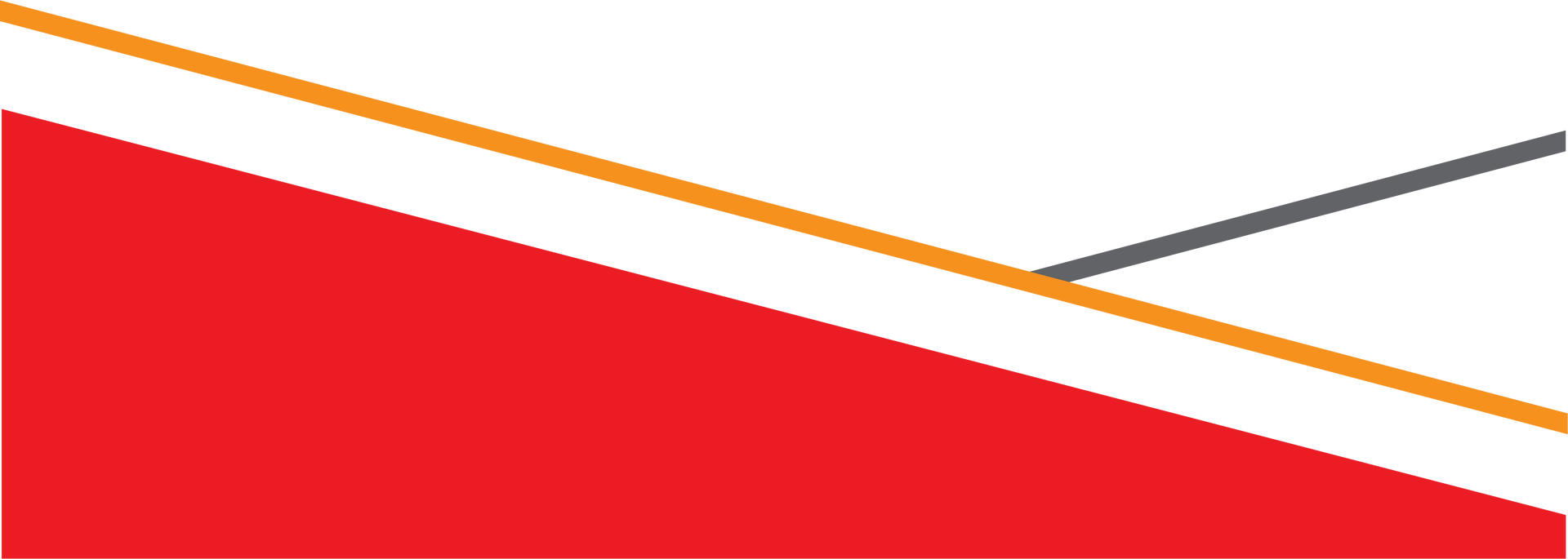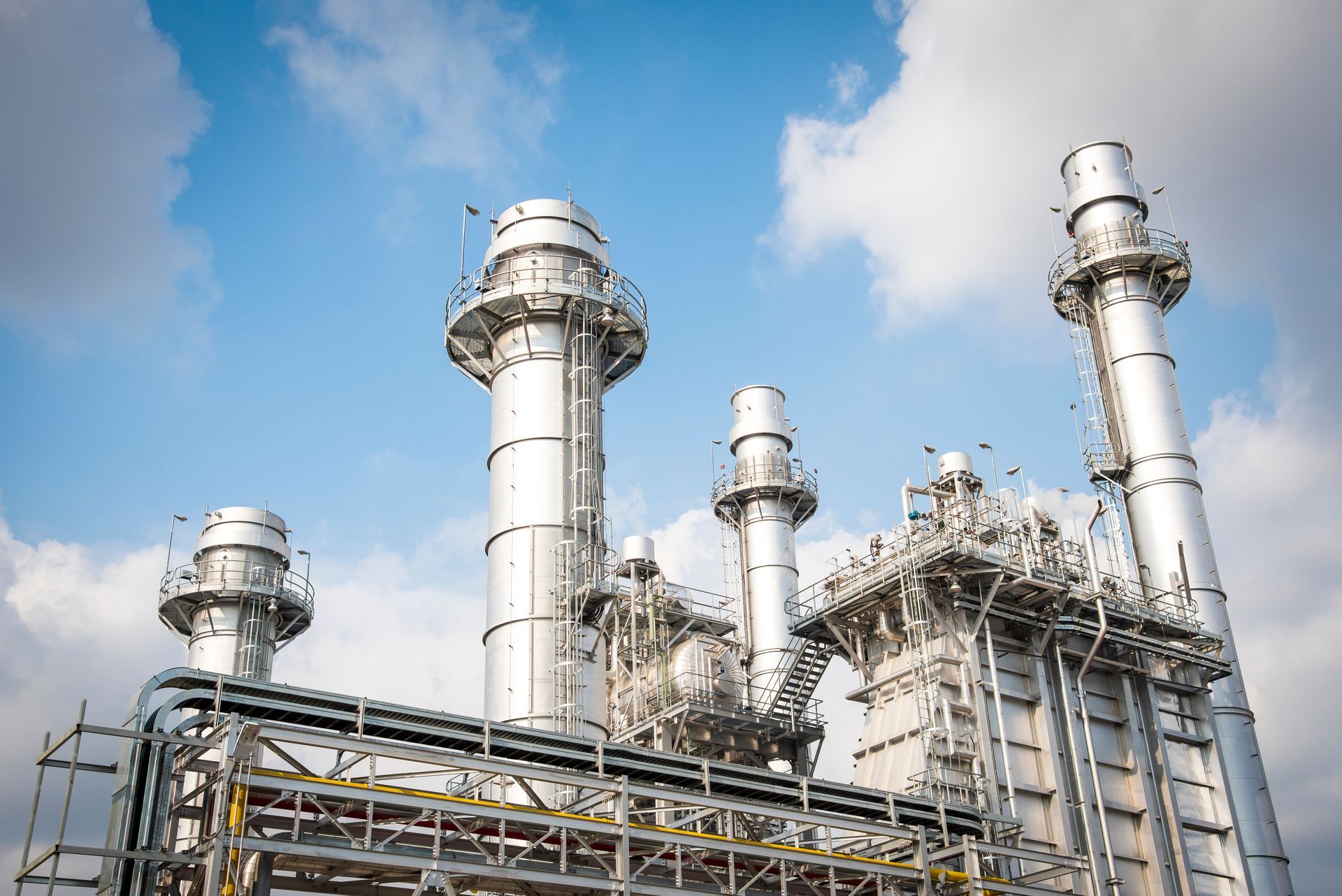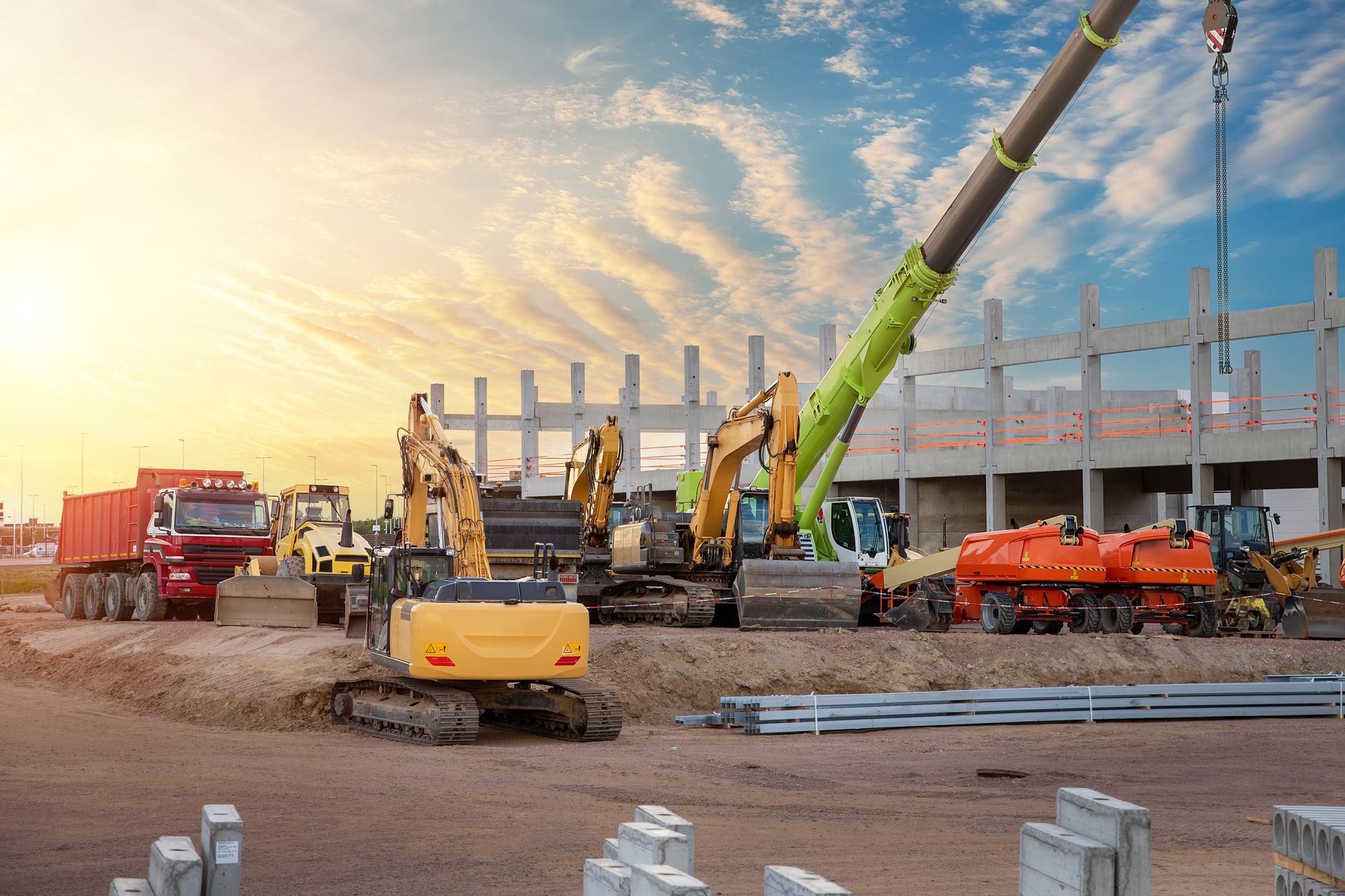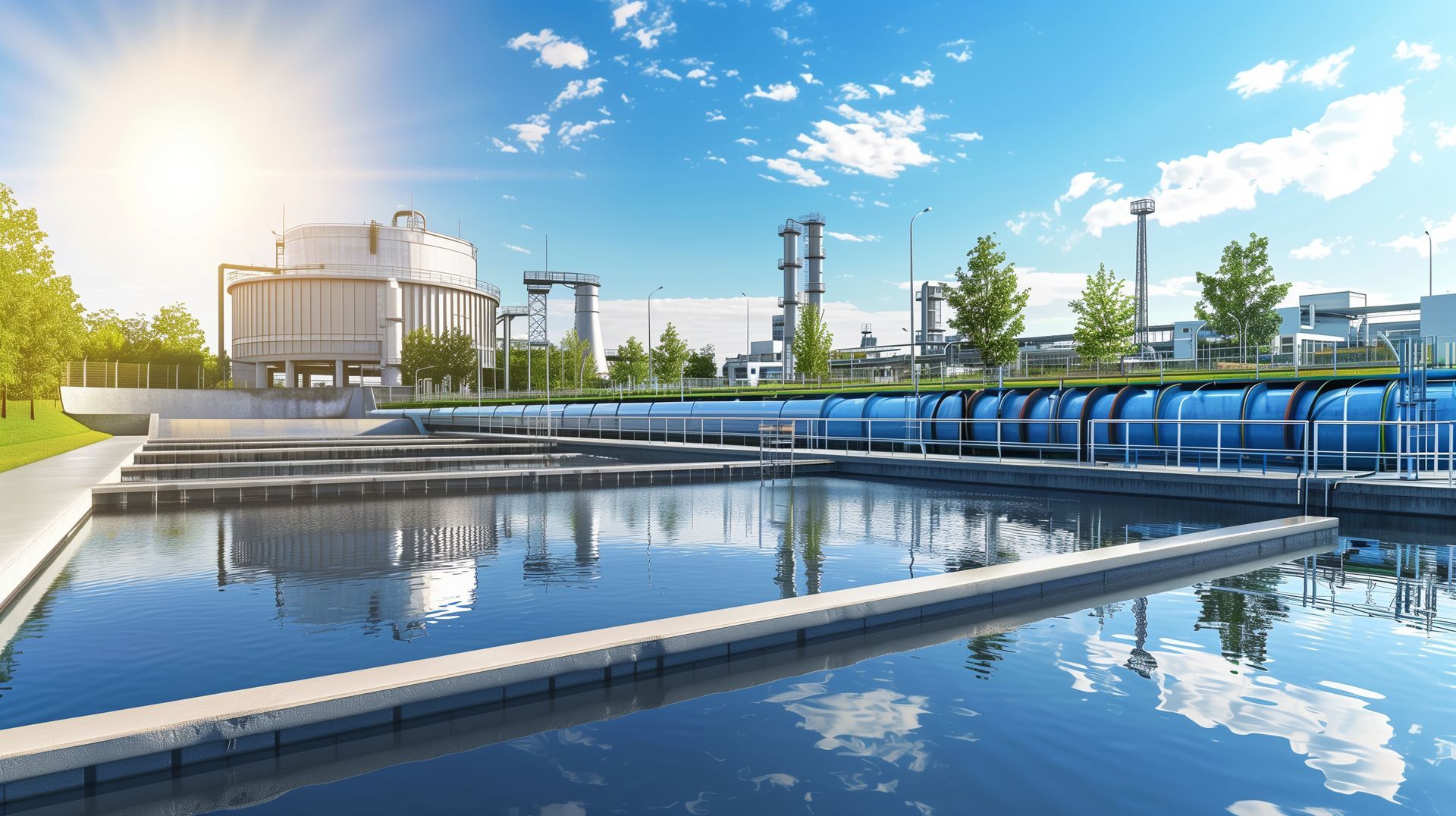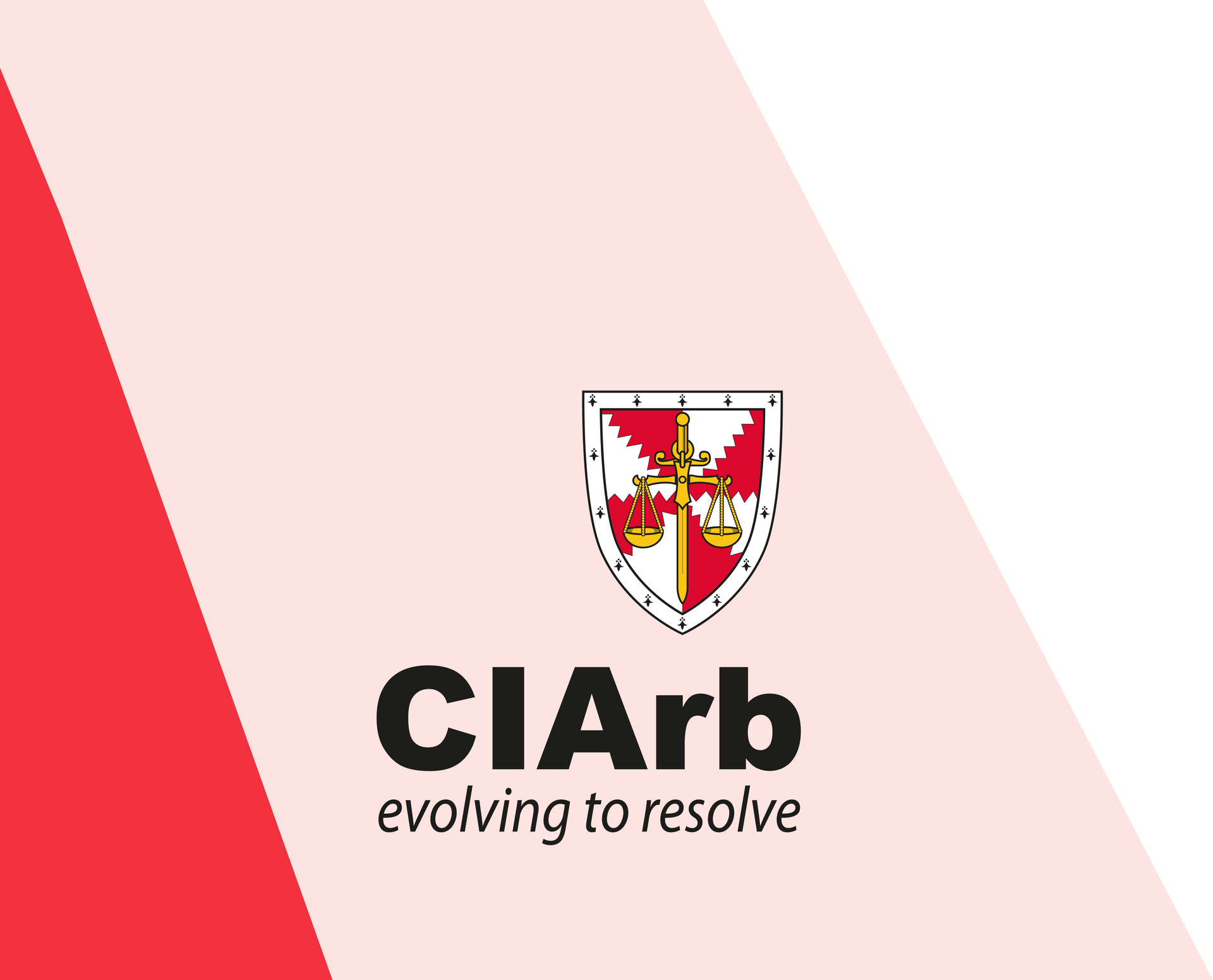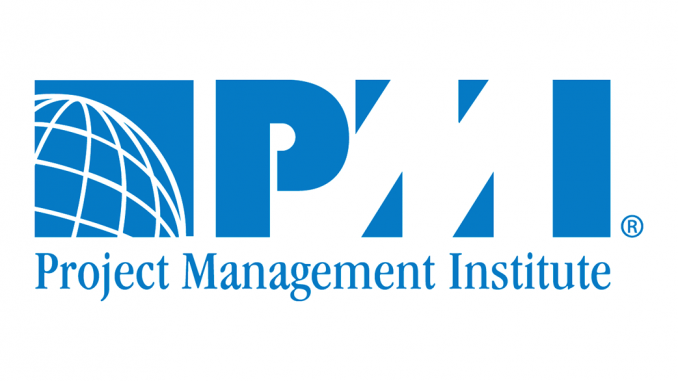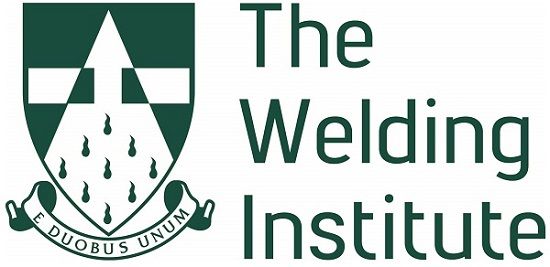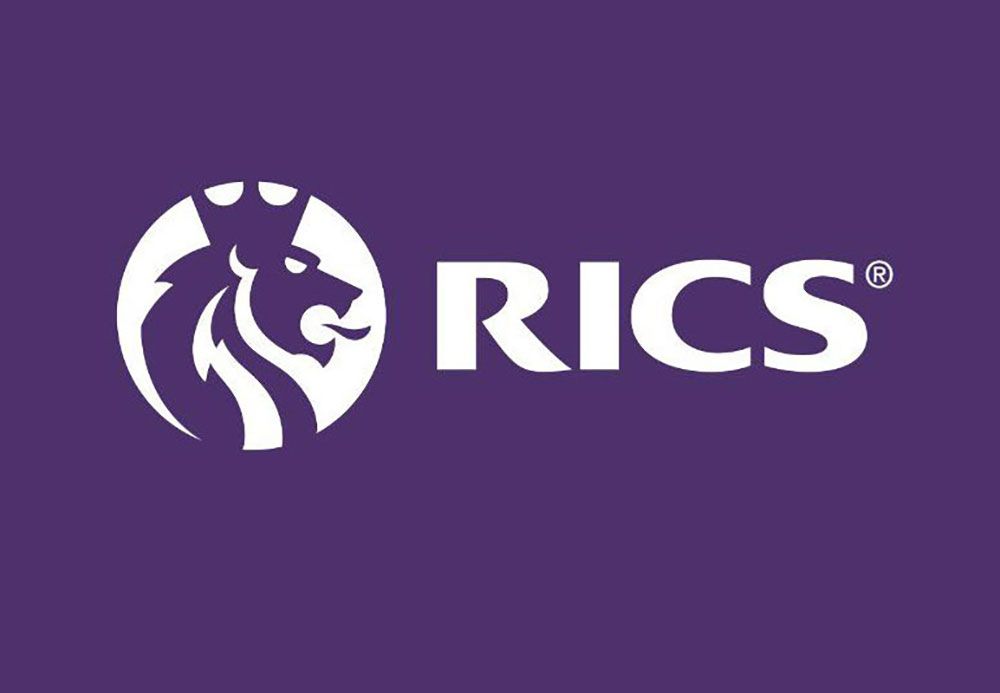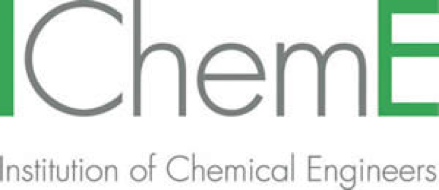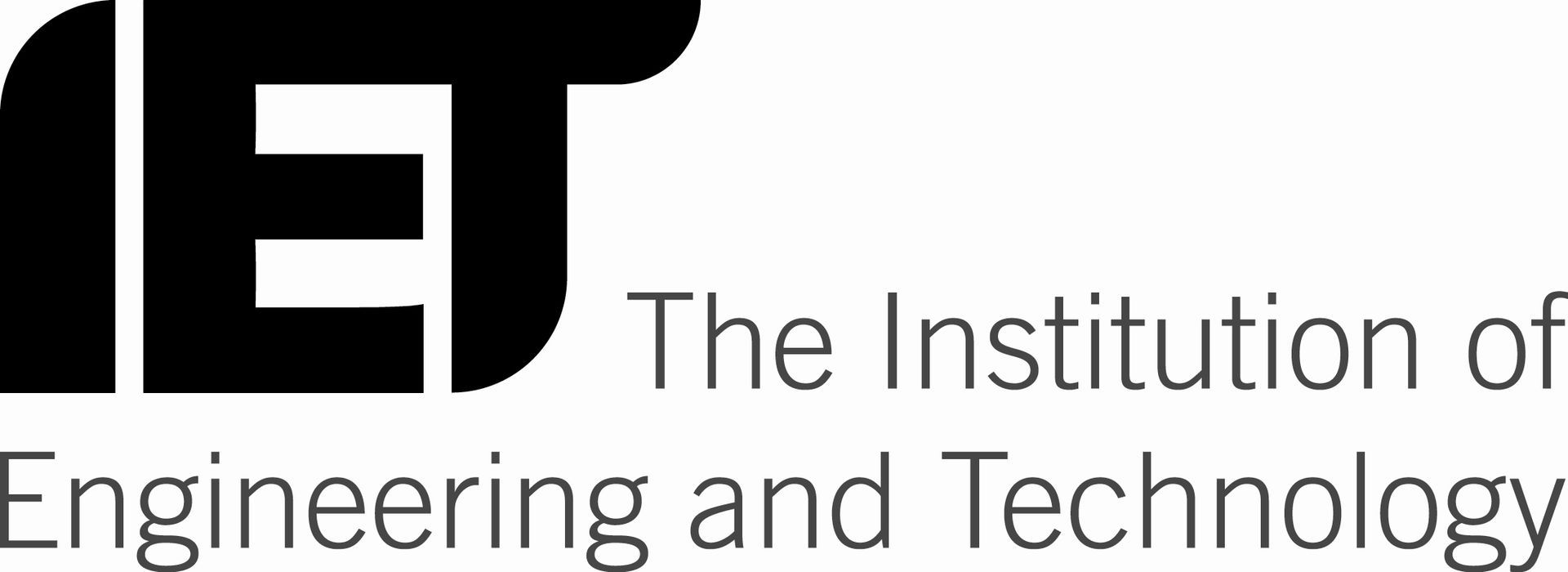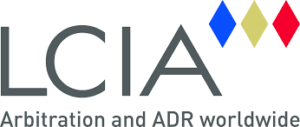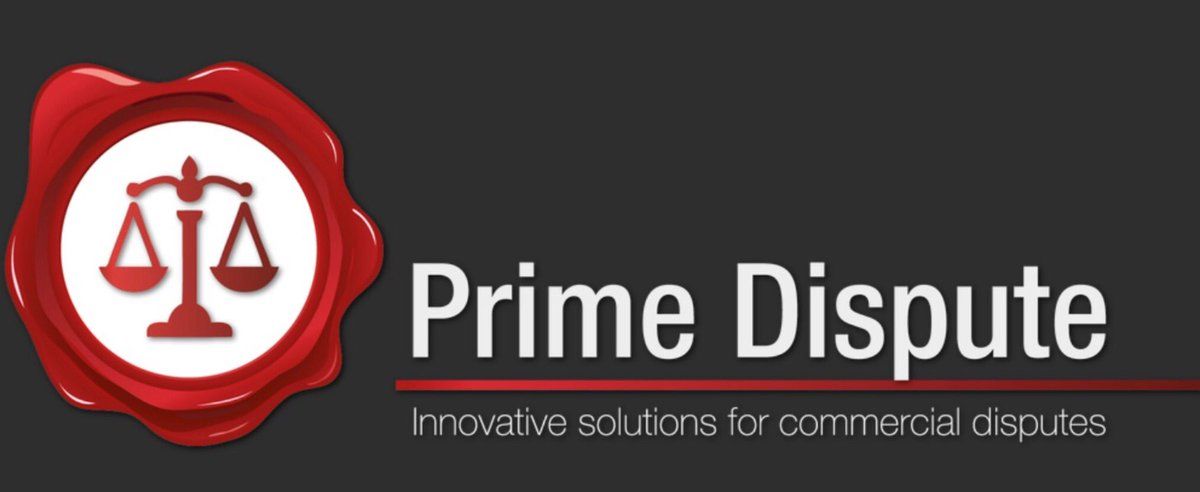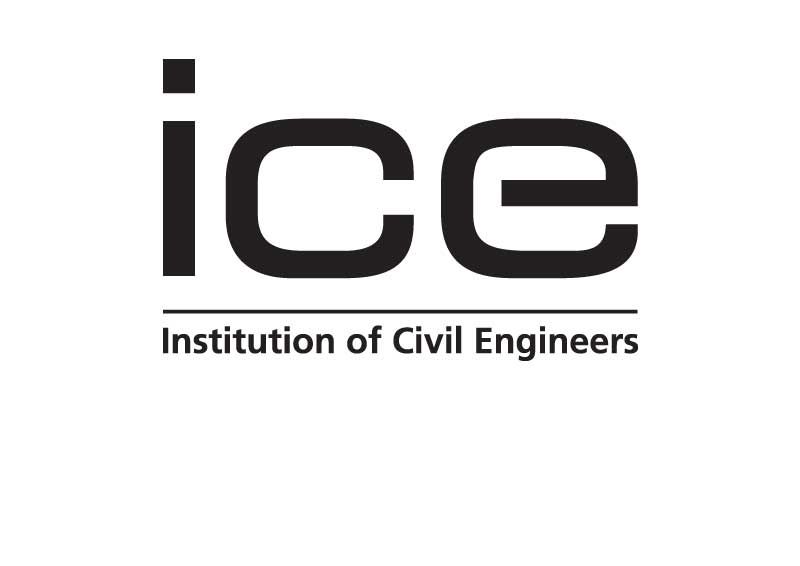12 August 2023
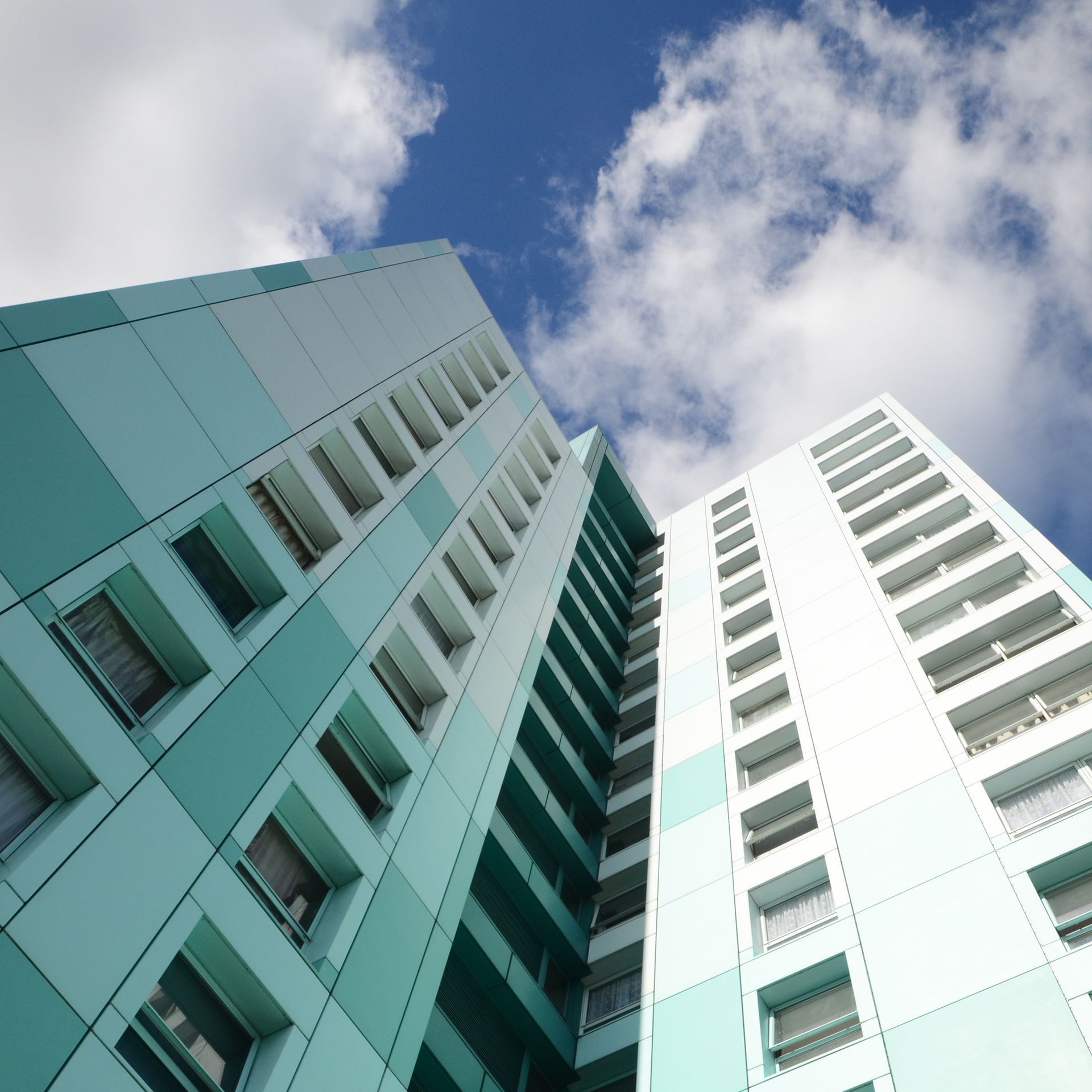
No one will ever forget the sight of Grenfell Tower burning in West London on 14th June 2017. The fire started on the fourth floor and took only 30 minutes to reach the top level of the 24-storey building.
After lengthy enquiries, it became clear that there were multiple reasons why the fire spread so rapidly, but the main focus was on the cladding installed on the exterior of the building.
The metal cladding on Grenfell Tower was made from Aluminium Composite Panels (ACP) with a high-density polyethylene (HDPE) filler for insulation. The panels were also attached to the building with the same material. Unfortunately, this material is highly flammable, with a combustibility ratio of 25.
Burning HDPE is capable of producing enough heat to ignite any other HDPE in close proximity. Not only that, but during the thermal pyrolysis of HDPE, the solid material turns into a burning liquid. It can quickly drip down and ignite other materials below it.
Add in the fact that aluminium is an incredible heat conductor, and conditions during the Grenfell fire were right for this metal to overheat the interior HDPE layer. When the aluminium melted and panels began to fall from the tower, the already hot HDPE easily caught fire as it was exposed to air.
These reactions increased the size of the flames and speeded up the spread of the fire.
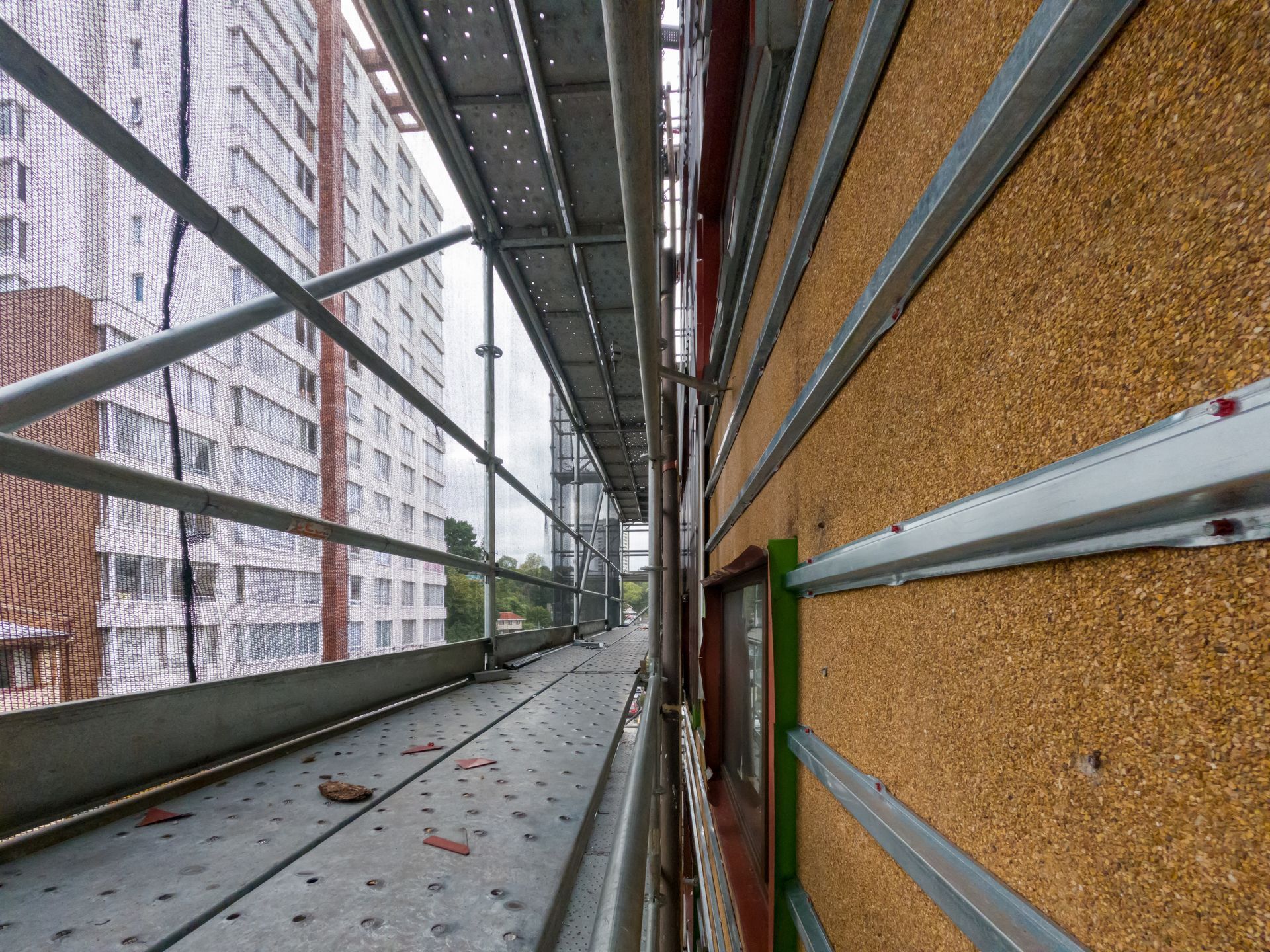
The consequences for building owners and leaseholders are numerous:
- Many lenders will not provide remortgages to current owners/leaseholders with unsafe cladding or offer mortgages to anyone interested in buying such a property.
- The cost of finding out what type of cladding has been used can be high.
- Owners/leaseholders may face high costs associated with employing 24-hour fire wardens.
- There is a shortage of homes available to first-time buyers, and this problem has been exacerbated by the number of homes that aren't available due to unsafe cladding.
- The increased fear of fire experienced by anyone still living in a building with unsafe cladding undoubtedly causes psychological harm.
Contact us or send us a message on our website to be put in touch with our team of experts.
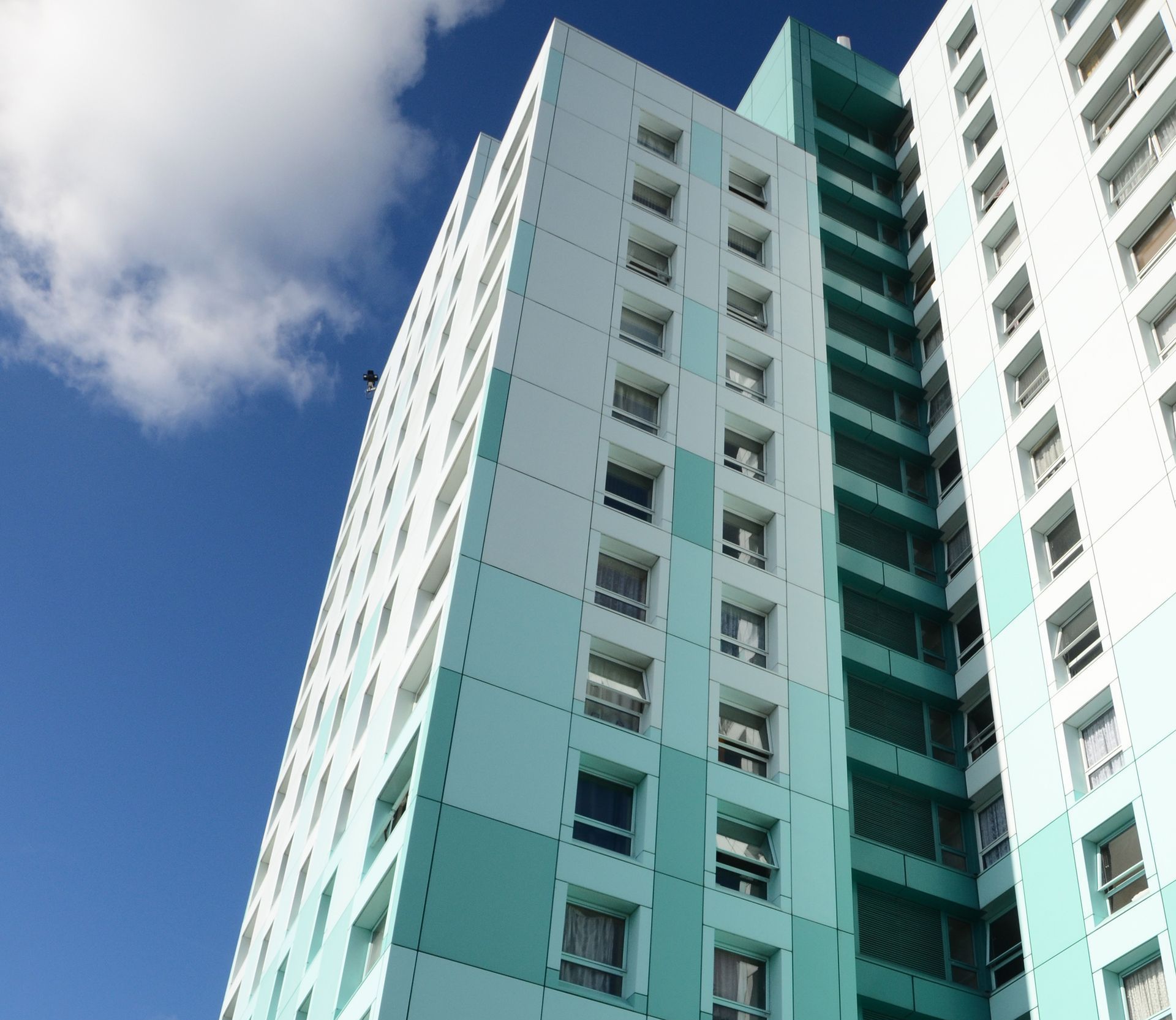



79a Grapes House, Suite 4, First Floor
Esher, Greater London
United Kingdom. KT10 9QA
www.dac-consultingservices.co.uk
https://www.linkedin.com/company/dac-consulting-services









